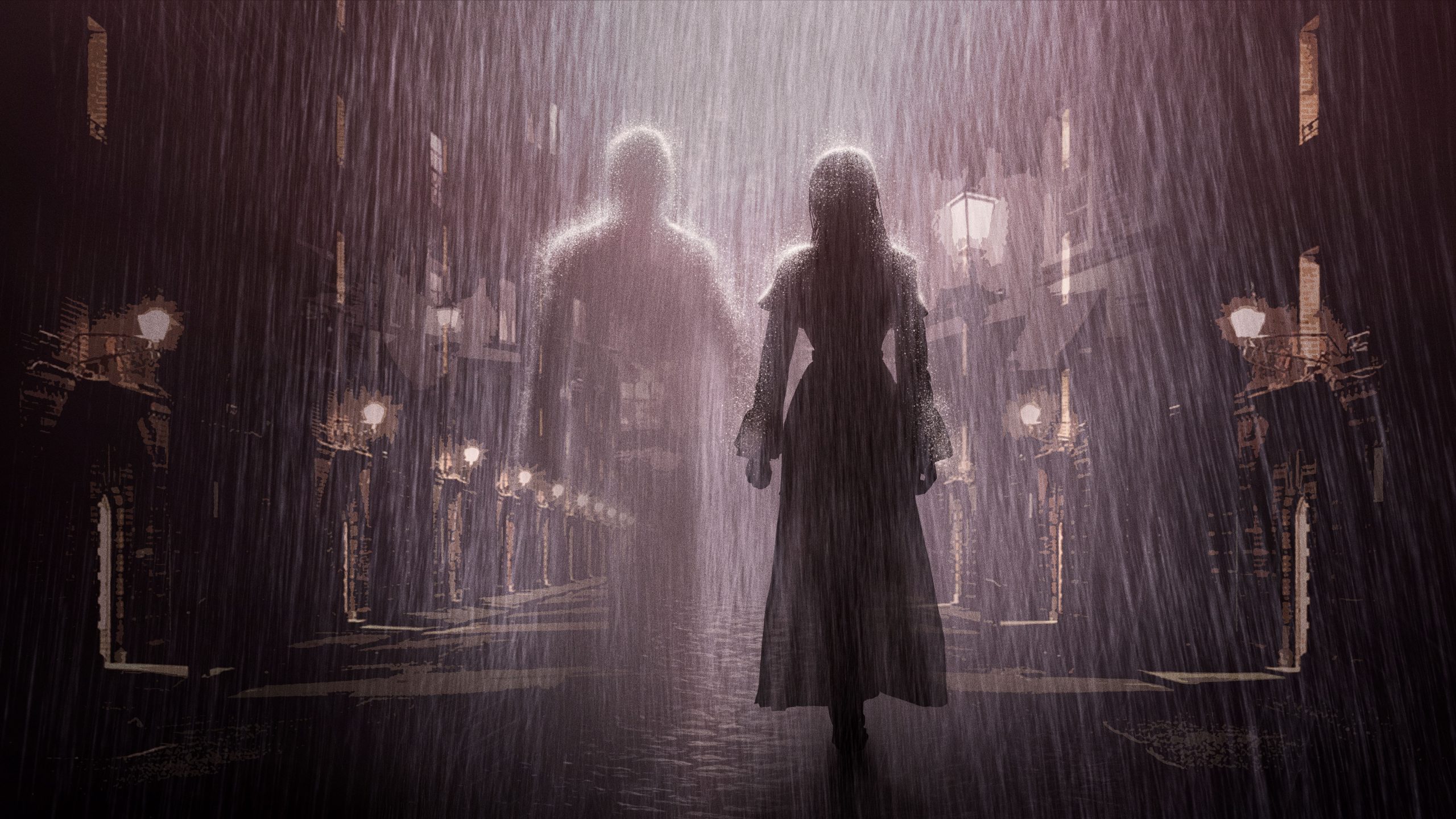
Nathan Fielder and Benny Safdie want you to simmer in the uncomfortable awkwardness of “The Curse,” their 10-episode new series for Showtime about a couple whose lives dissolve while they make a generally awful home-flipping show. So, the fact that it starts to drag after an incredible first few episodes feels by design. No one quickly sinks into the quicksand of their awful personalities, and Fielder and Safdie’s comic rhythm is certainly not fast-paced. If you feel like “The Curse” is taking forever, that’s the point. So does life.
“The Curse” stars Fielder, the fearless comedian behind the “The Rehearsal,” as Asher Siegel, a New Mexico resident who is starring in and producing a new reality show with his wife Whitney Siegel (Emma Stone). They are presented as unforgettably in denial about their place in the world, the kind of people who proclaim themselves to be allies to the environment and the indigenous people of New Mexico, but only if it suits them. Take their new show, “Flipanthropy,” a program about the energy-saving homes built by Asher and Whitney that runs into one cultural and environmental issue after another. “Oppenheimer” star Safdie plays Dougie Schecter, the manipulative producer who knows that “Flipanthropy” is more likely to succeed with some gamesmanship, including driving wedges between Asher and Whitney that are remarkably easy to drive.
In the phenomenal premiere, Dougie convinces Asher to give money to a young girl in a parking lot named Nala (Hikmah Warsame) so they can get some good b-roll of him being generous. He only has a $100 bill, which he then tries to recover from Nala after the cameras stop rolling. Nala tells him that she is cursing him, leading to both an undercurrent of dread and one of distracting anxiety for Asher, who almost doesn’t notice as everything falls apart around him. When the Siegels cross paths with Nala again, they try desperately to make things up to her, which involves Barkhad Abdi as her father, and things get even weirder.

As usual, Fielder leans into his awkward persona, the kind of guy who never lands a joke and always says the wrong thing. In one amazing sequence, Asher gets kicked out of a comedy class for making too extreme jokes about the size of his penis, which he was basically bullied into making in a demonstration of self-deprecating humor. He’s incredibly uncomfortable in front of the camera, always finding the wrong joke that’s incredibly funny. (My favorite has to be the inane things Asher says on camera that he thinks are funny when trying to sell his houses, like “Your energy bill will be cheaper than my haircut.”) All of Fielder’s humor aims directly at Asher’s dull inadequacy, offset by the more aggressive personality of Safdie’s Dougie, the kind of guy who gets excited when he blows into his breathalyzer and barely registers under the limit. These people are excited to barely drive their way through life, and don’t care who they hit along the way.
The most prominent example is Stone’s Whitney, who repeatedly assures herself and others that she is doing the right thing even as she fumbles the ball of actual allyship every chance she gets. Is she actually friends with an Indigenous artist or just using her to get her art on the show? Does she have a point when she insists that their home buyers sign a contract regarding their allyship, or is she going too far to get TV cred? Stone is phenomenal as a person who doesn’t consider the long-term impact of her actions as she pushes an agenda that she’s so convinced is righteous that she doesn’t comprehend anyone’s perspective but her own. She’s a person who waits for her turn to talk instead of listening, a personality type that dots the entire pop culture landscape and one that Stone keenly understands.
“The Curse” can be remarkably funny if one is on Fielder and Safdie’s cringe-driven sense of humor, which thrives on discomfort. Having said that, it undeniably spins its wheels as the season goes along, losing some of that sharp energy of the first few episodes. Things like building tension and amplifying stakes aren’t strengths of this kind of storytelling, and that becomes an issue over nearly ten hours with the same characters making variations on the same mistakes over and over again. We stop caring if “Flipanthropy” works or if Asher and Whitney stay together. Although maybe that’s another point: Why should we?
Whole season was screened for review. “The Curse” premieres on Showtime on November 12th.




